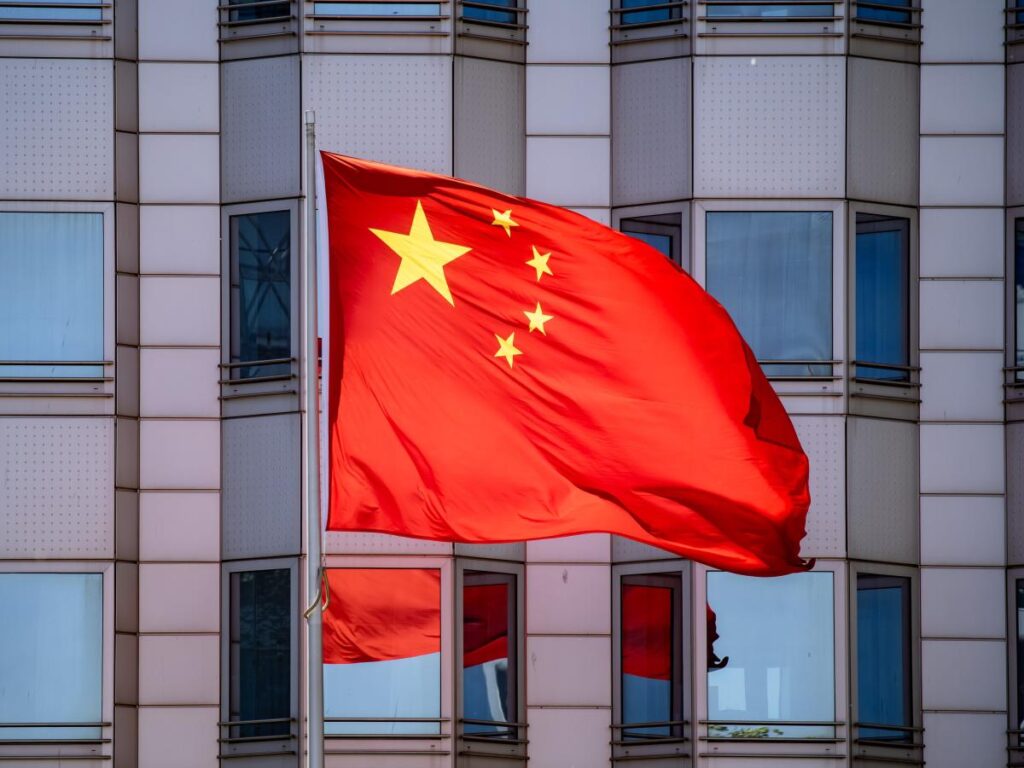-
The stabbing of a Japanese mother and her son went viral in China after a local woman died protecting them.
-
Her death led to a clash between praise for the 55-year-old and a surge in anti-Japanese messages.
-
Eventually, the tech giants stepped in with a rare rebuke, arguing that nationalism had gone too far.
It’s no secret that people on Chinese social media hate Japan.
The list of alleged grievances continues to grow, from the Rape of Nanking in World War II to fears that seafood in the Pacific Ocean would be contaminated by radioactive water from the Fukushima disaster.
That rhetoric was reignited on June 24, when a knife-wielding man attacked a Japanese woman and her son at a school bus stop in Suzhou, injuring the couple.
But it was the third victim who caught the nation’s attention. School bus attendant Hu Youping, a 55-year-old Chinese woman, rushed to protect the two foreigners, suffering stab wounds herself.
She later died while receiving medical care, the police saidThey identified the suspect as an unemployed 52-year-old man with the surname Zhou, who they said had only recently arrived in the city.
A whirlwind of emotion and debate ensued on social media. Hu was hailed as a hero — some demanded the bus stop be named after her — while anti-Japanese hate speech swelled in posts and comments implying the attack was justified.
As the two stories intertwined, Chinese social media companies intervened in lockstep. It was clear that extremism had gone too far.
Tech giant Tencent a statement published condemned the hate speech on Saturday and said it would crack down on posts about the Suzhou stabbing that “provoke extreme nationalism.” Tencent operates WeChat, a super app that performs functions similar to WhatsApp and Facebook.
NetEase, a major gaming company, a similar announcement was publishedand said messages had been seen calling for “resistance against Japan and the extermination of traitors” and accusing Hu of being a Japanese spy.
Douyin And WeiboThe Chinese versions of TikTok and Twitter openly criticized accounts for what they said were “promoting extreme xenophobia” and “encouraging criminal behavior in the name of patriotism.”
The platforms say they have removed thousands of posts and banned dozens of accounts.
The precarious balance between China and Japan
It is a rare rejection of nationalism on such platforms, a breeding ground for inflammatory messages such as the 2022 calls to shoot down then-House Speaker Nancy Pelosi’s plane while she was visiting Taiwan.
Although social media in China is strictly moderated, anti-Japanese rhetoric is one of the popular nationalist sentiments that has emerged in recent years.
As of Wednesday, the main hashtag for posts about the Japanese victims of the June knife attack has been censored. However, discussions about Hu’s death and her posthumous recognition for courage are still allowed.
In recognition of Hu’s actions, the Japanese embassy in China the national flag had been flown at half-mast.
It is unclear whether China’s central government was directly involved in the crackdown. But social media companies in the country are sensitive to what the state deems acceptable, often making announcements about unwanted posts at the same time.
China’s Cyberspace Administration orders social media platforms to create self-regulatory content, June 14 a series of rules published which details how internet providers should censor violent content.
The anti-Japanese rhetoric also comes at an inopportune time for Chinese officials who want to draw more business from Tokyo as the local economy struggles.
Suzhou, in China’s eastern Jiangsu province, is one of the country’s largest centers for Japanese investment, with thousands of Japanese companies in the city.
On Tuesday, Chinese state media reported that Vice Prime Minister He Lifeng met a trade delegation from Japan and said his country welcomed Japanese companies and hoped they would expand.
Hu’s death hung like a dark cloud over the gathering, with officials on both sides pausing to commemorate her passing. This was reported by the South China Morning Post.
Read the original article at Business insider

